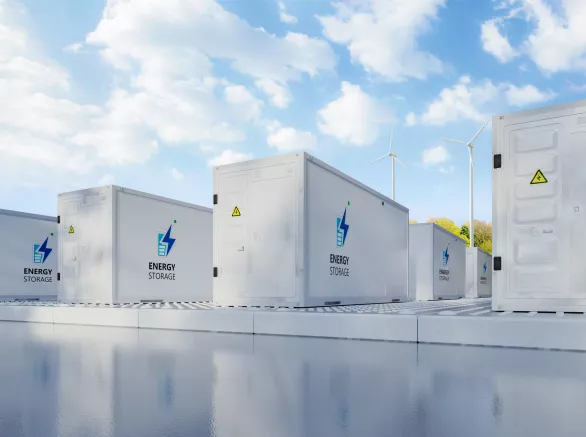How does Exponent's broad experience with LPG help industry leaders make informed decisions?
With decades of experience, Exponent supports clients with navigating regulations and maintaining safe, efficient operations. Our multidisciplinary teams assist clients with modeling fire radiation and propane vapor dispersion hazard zones, providing services and training in process safety and construction management, solving performance-based design challenges, supporting regulatory applications, and offering post-incident root cause analysis and litigation support.
LPG Codes and Standards
Exponent helps ensure clients meet standards applicable to the production and distribution of LPG, including:
- National Fire Protection Association (NFPA) 58 — Liquefied Petroleum Gas Code
- NFPA 54/ANSI Z223.1 — National Fuel Gas Code
- American Society of Testing and Materials (ASTM) D1835 — Standard Specification for LPG
- American Petroleum Institute (API) 2510 — Design and construction of LP-Gas Installations
- Code of Federal Regulations (CFR) Title 49, Transportation
Services
For 50+ years, we’ve thrived on solving unstructured problems that require bespoke solutions. Some of our services include:
• Consequence modeling
• Engineering design reviews
• Facility inspections and safety audits
• Fire and explosion investigations
• Environmental impact studies
• Loss investigations
• Process safety/hazard assessments
• Research and development
• System failure analyses
• Thermal and functional testing
• Third-party evaluations
Experts
Our global and comprehensive expertise across industries gives us a deep understanding of current challenges, best industry practices, and the implications of emerging technologies.

Corporate Vice President and Principal Engineer

Corporate Vice President, Office Director and Principal Engineer












![Liquefied Petroleum Gas (LPG) [TS]](/sites/default/files/styles/hero_purple/public/media/images/GettyImages-1058728340.jpg.webp?itok=kcFmLDSC)


